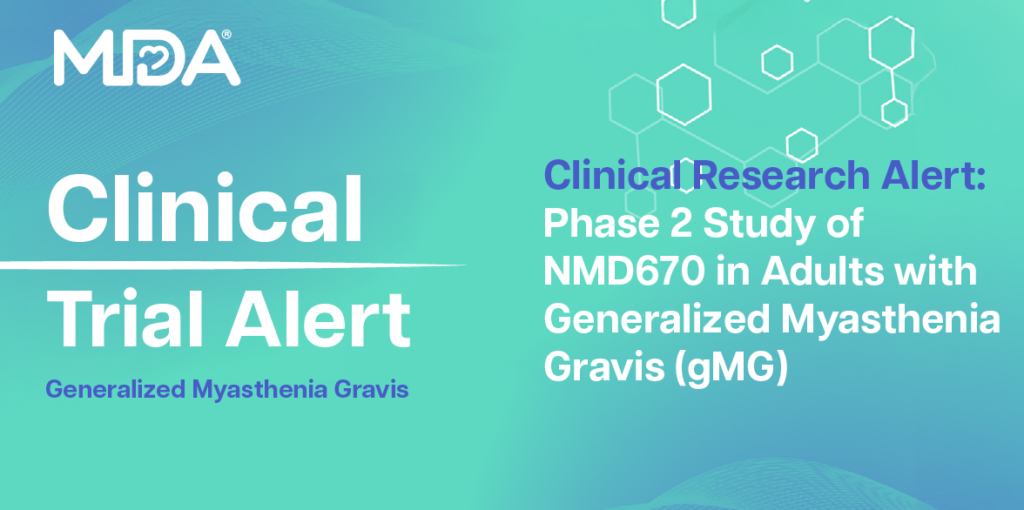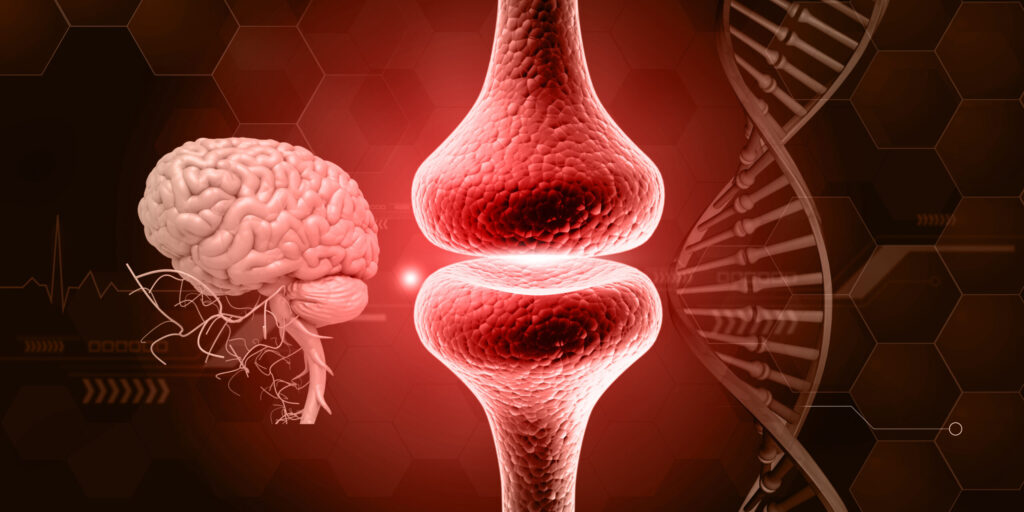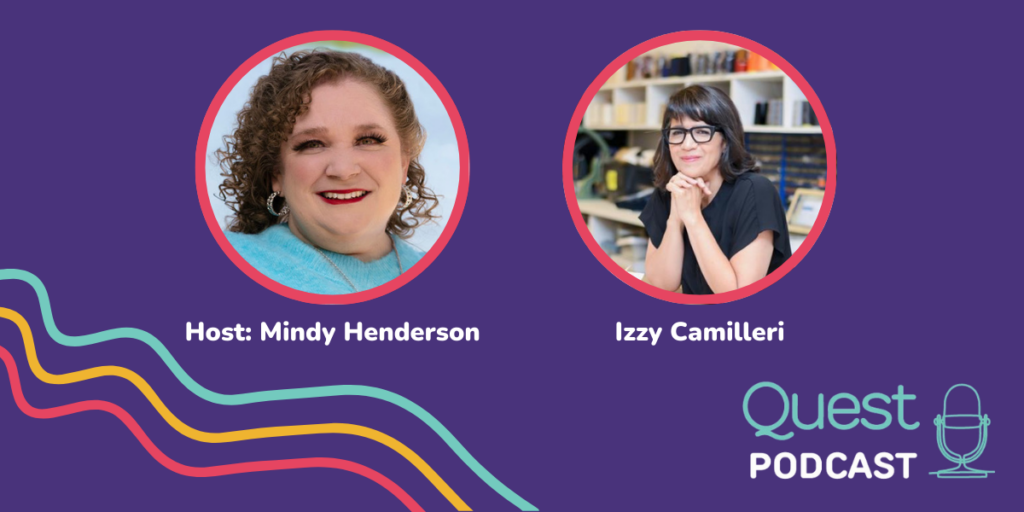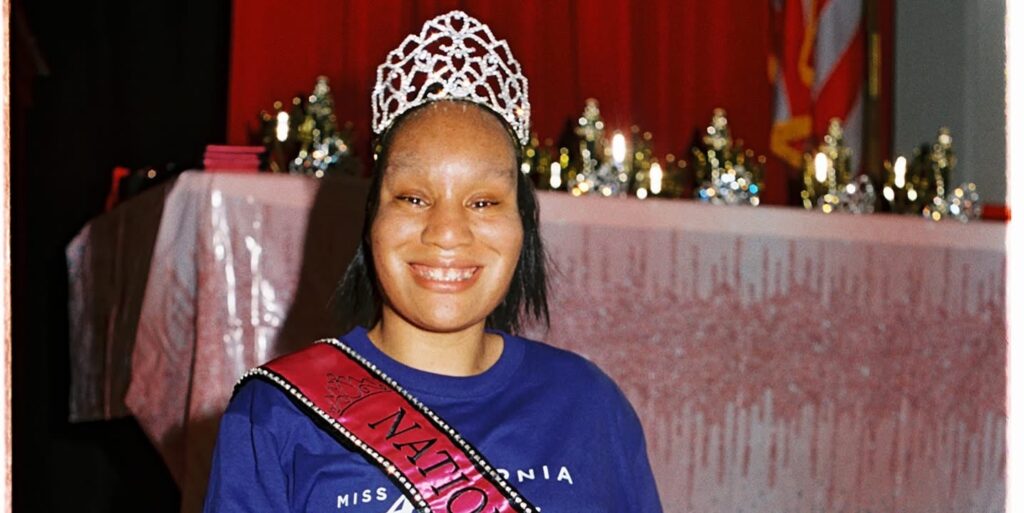
Guest Ambassador Blog: What #MDAstrong Means to Me
By Saida Mahoney | Monday, September 15, 2025
5 Second Summary
MDA Ambassadors play an essential role in furthering MDA’s mission while representing and empowering the neuromuscular disease community. Quest Ambassador Guest Blog series provides a platform to share their personal stories, perspectives, and experience.
Saida Mahoney is a college student from Oakland, CA, where she is majoring in performing arts. She is a dedicated advocate and activist for people living with disabilities. Saida enjoys traveling and giving back to others through community service. She lives with congenital muscular dystrophy, which has affected her ability to participate fully in school and social life; however, she doesn’t let this stop her from pursuing the things she is most passionate about.
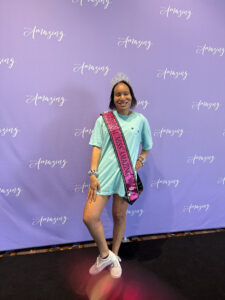
Saida as “2024 National Miss Amazing”
For me, being strong means using my voice to help others and make changes, building a community that empowers me, and sharing my story with others. Traveling has become another form of independence and empowerment for me. Whether for advocacy, legislative work, beauty pageants, or ambassador duties, I love traveling to uplift others and spread awareness. Connecting with others, standing up for what I believe in, and sharing my gifts with the world are all aspects of what make me #MDAstrong.
Learning to raise my voice
I first found my passion for advocacy when I was just 19 years old. At the time, I was the youngest person in most of the groups that I joined, and I was nervous about speaking up. But I also knew that I was determined to do my part to make a difference for people living with disabilities and rare diseases.
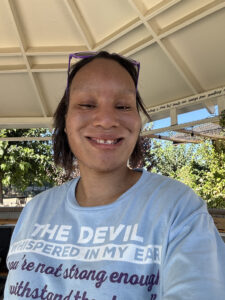
Saida Mahoney enjoying outdoors
My motivation and strength were both born from my own personal experience. Growing up with a rare disease and navigating life with a disability, I often did not have anyone to speak up for me. And I did not always receive the care and support that I needed. Those difficult moments shaped me; they also inspired me. I didn’t want anyone else to go through what I had been through. Advocacy became my way to turn hardship into hope for others.
The first step of my advocacy journey was accepting myself, disabilities and all. I started with doing presentations and slide shows to educate others about life with a disability and began connecting with others. Within months of starting my advocacy journey, I expanded my focus to include serving communities impacted by chronic medical conditions, mental health challenges, epilepsy, and neuromuscular diseases. Over the years, my advocacy efforts have taken me to 48 states, working alongside elected leaders to push for change in healthcare, education, air travel accessibility, gender equality, and inclusion.
A proud milestone for me was advocating on a national level as an activist for the rare disease, disability, and human rights communities. Traveling to Washington, D.C, to raise my voice for so many people who deserve to be heard was an unforgettable experience.
Advocacy has not only allowed me to raise my voice and to speak out for others, but it has also made me a stronger woman and leader. It has given me purpose, confidence, and a community of support.
Overcoming barriers and building a community of support
As a medically fragile young adult, I often faced societal barriers and assumptions that I couldn’t achieve certain things. But I’ve proven that with strength and grace, we can do anything.

Saida kayaking
Now, in college, I continue to work hard to overcome learning and memory challenges, as well as moments of discrimination tied to both my disabilities and my identity as a member of the LGBTQIA+ community. . By being active within my communities and advocating for others, I have grown a strong support system. And I’ve found encouragement from my strong support system, which has helped me succeed. Following my personal passion for the performing arts has also helped me share my gifts with the world and create more connections. The performing arts have been life-changing for me. Through singing, playing instruments, acting, and musical theatre, I’ve found confidence and healing. Music and theatre have helped me cope with the challenges of living with genetic diseases, neuromuscular conditions, chronic illnesses, and the mental health struggles that often come with them.
Every year, I’m grateful for the chance to perform in the Miss Amazing beauty pageant. The stage has become a place where I can express myself fully, showing that disability is never a barrier to talent or creativity.
Looking ahead, I hope to build a career in the performing arts and one day start my own nonprofit. My dream is to create opportunities for people with intellectual and developmental disabilities, rare diseases, and medically fragile conditions to engage in performing arts as a way to build confidence, community, and change.
Sharing my story through podcasting
In 2021, I launched a podcast, WONDERGIRLSAIDA, during one of the most difficult times of my life. I was struggling deeply with depression and mental health challenges, and podcasting gave me a safe way to express myself without fear of judgment.
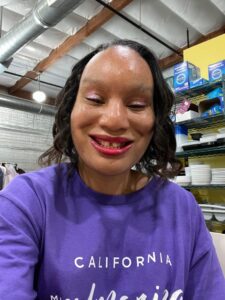
Saida Mahoney, author
On my show, I talk openly about disability, rare diseases, healthcare, mental health, and more. While I faced challenges with my speech and language disabilities at first, the support of a speech therapist gave me the tools I needed to thrive.
One of my proudest moments was learning that organizations used my podcast to support parents raising children with disabilities and rare diseases. Today, my podcast reaches listeners in 13 countries—a reminder that my voice can make a difference far beyond what I imagined.
For me, I find strength in remembering the reason that I became an advocate and the reason I want share my own story. I want to ensure that no one ever feels alone in their struggles with disability, rare disease, or identity. My journey has taught me many lessons, and one of the most important is this: never give up. You know who you are and what you stand for—don’t let anyone tell you otherwise. Stay strong.
Next Steps and Useful Resources
- For more information about the signs and symptoms of Congenital muscular dystrophy (CMD), as well an overview of diagnosis and treatment concerns, an in-depth review can be found here.
- To learn more about MDA’s Mental Health Hub, visit here.
- MDA’s Resource Center provides support, guidance, and resources for patients and families. Contact the MDA Resource Center at 1-833-ASK-MDA1 or ResourceCenter@mdausa.org
- Stay up-to-date on Quest content! Subscribe to Quest Magazine and Newsletter.
Disclaimer: No content on this site should ever be used as a substitute for direct medical advice from your doctor or other qualified clinician.


